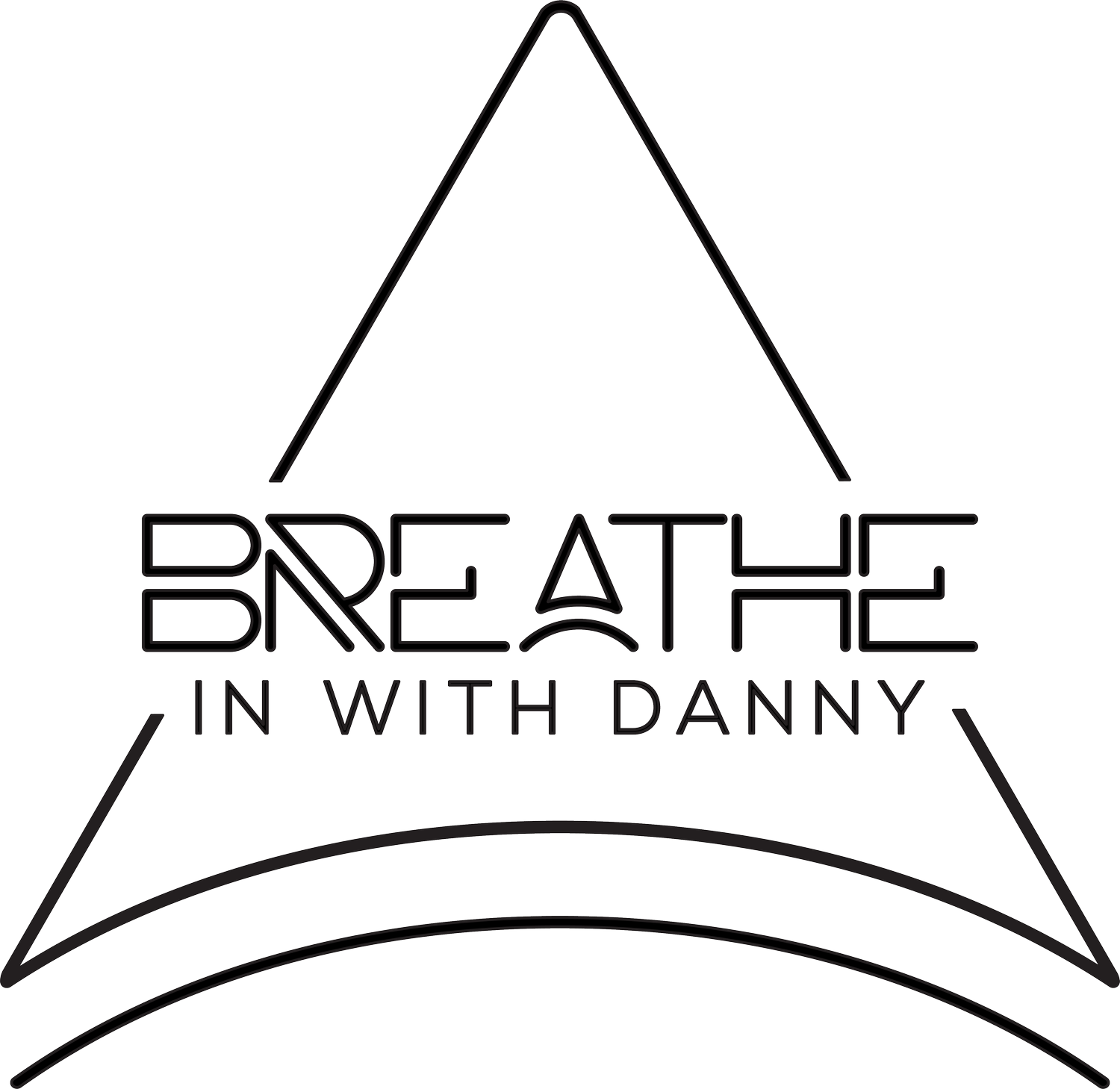Post-surgical breathing exercises
Surgery and serious injuries are often a catalyst for depression and anxiety. Practicing breathwork is incredibly important after an operation, not only for your mental health but also for your cardiovascular system.
After any surgery, it is easy for your mind to enter a dark place, feeling powerless. To feel stuck emotionally is bad enough; now add being physically hindered from movement—depression and anxiety are probable. The excellent news is breathwork can serve as your cardio from the couch! No need to get out of cardiovascular shape because of your injury. All you need to do is exercise the diaphragm from the comfort of your sofa.
We have ten pounds of breathing muscles that fatigue and can be conditioned, just like any other muscle. The only difference is that conditioning your breathing muscles drastically impacts every other muscle in your body and mind. Opposed to the movement of your deltoid or bicep, for example, that does not affect your quads or glutes. Your injury site may atrophy and be weaker for the time being, but this is your opportunity to become the most efficient at breathing you have ever been, our body’s most important function.
The National Library of Medicine published an article regarding a study on Isolated respiratory muscle training, stating:
Conclusion: RMT improves endurance exercise performance in healthy individuals with greater improvements in less fit individuals and in sports of longer durations. The two most common types of RMT (inspiratory muscle strength and respiratory muscle endurance training) do not differ significantly in their effect, while combined inspiratory/expiratory strength training might be superior. Improvements are similar between different types of sports.
These findings are most likely due to a bodily function called Metaboreflex—no, it’s not the name of a protein bar—is the body’s response when our diaphragm becomes fatigued, and vasoconstriction reduces blood flow to arms and legs, providing more blood flow to our core for respiration. We are misled to believe that “cardio” will improve our ability to “catch our breath.” The truth is, improving our ability to catch our breath will actually improve our capacity for cardio.
In order to truly condition a muscle, you must isolate it and train it to exhaustion. After surgery, you will not be able to train your typical cardio muscles with running, biking, and swimming; however, you can maintain your cardiovascular health while injured by practicing breathwork. Cardio enhances your cardiovascular system; respiratory muscle training enhances your respiratory system. As a certified Breath Coach under Dr. Belisa Vranich, my program, Breathe In With Danny, has a plethora of exercises designed to get your BIQ score to an (A) and train these muscles to exhaustion, thus delaying the onset of metaboreflex and fatigue.
It is easy to ignore mental health needs and put yourself in a hole when your body is healthy; an injury makes it that much worse. Dwelling on matters outside our control is detrimental to our well-being; however, working on things we can control is empowering and rejuvenating; our breathing is in our control and directly impacts our feelings AND our cardiovascular systems. Start training your breathing muscles and improve every aspect of your life and athleticism while healing after surgery. The breath is a tool, like a hammer. You can use it to build something beautiful or wack yourself in the head with it; the power is yours.


